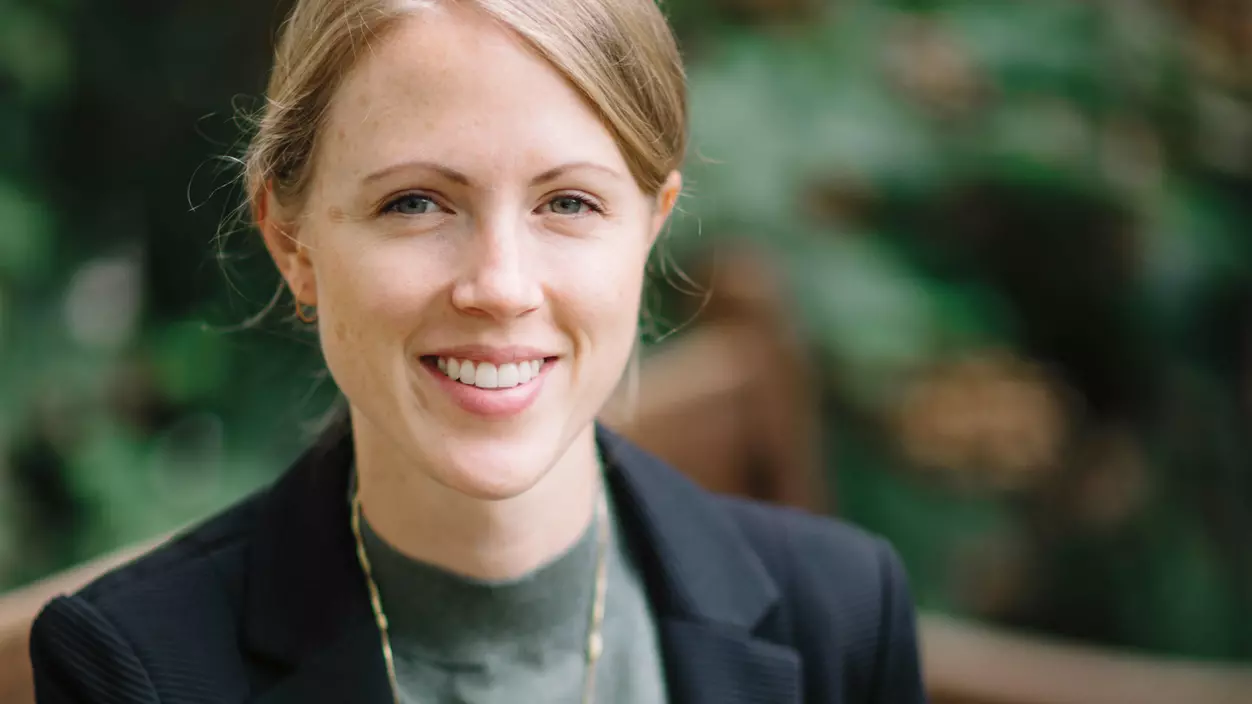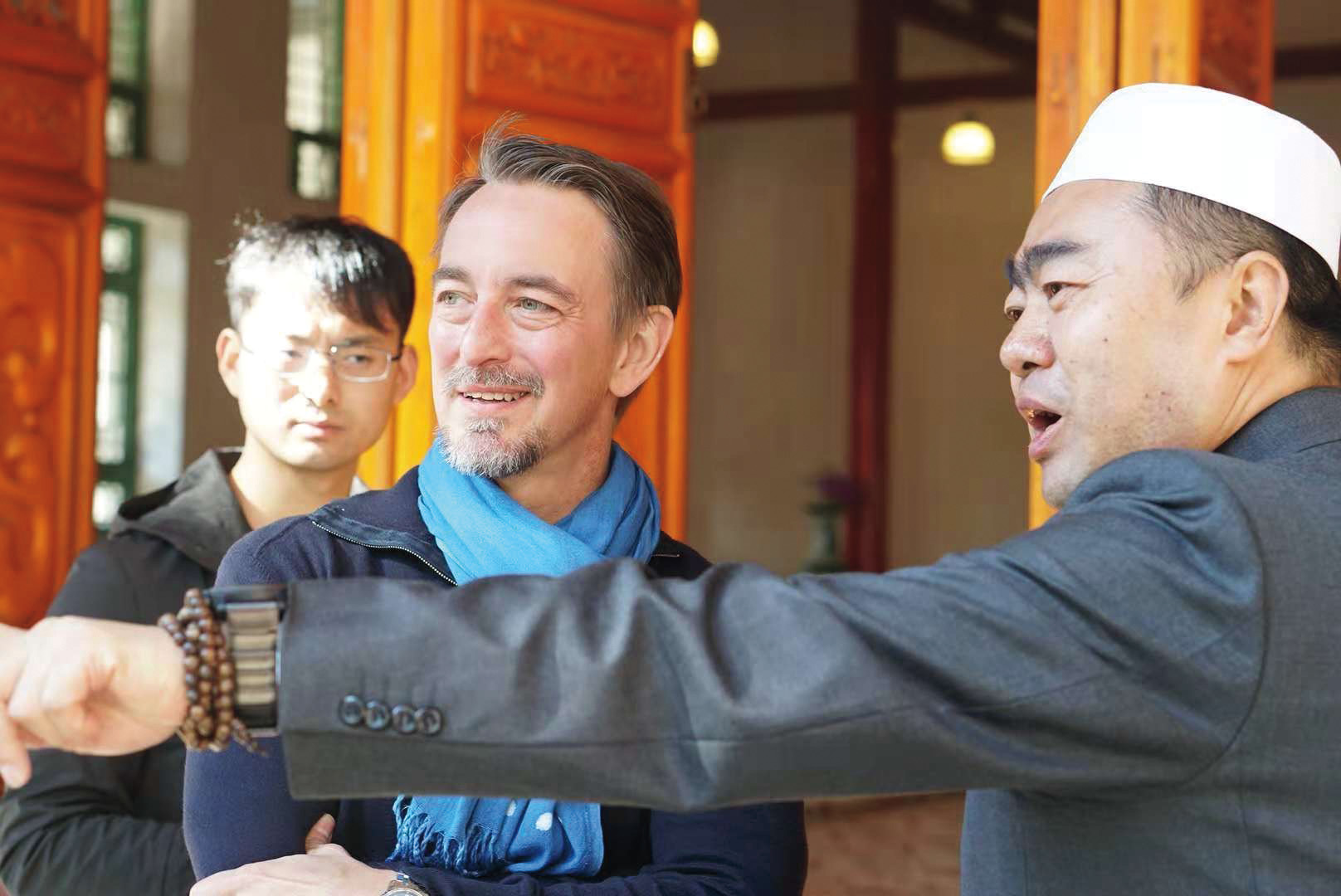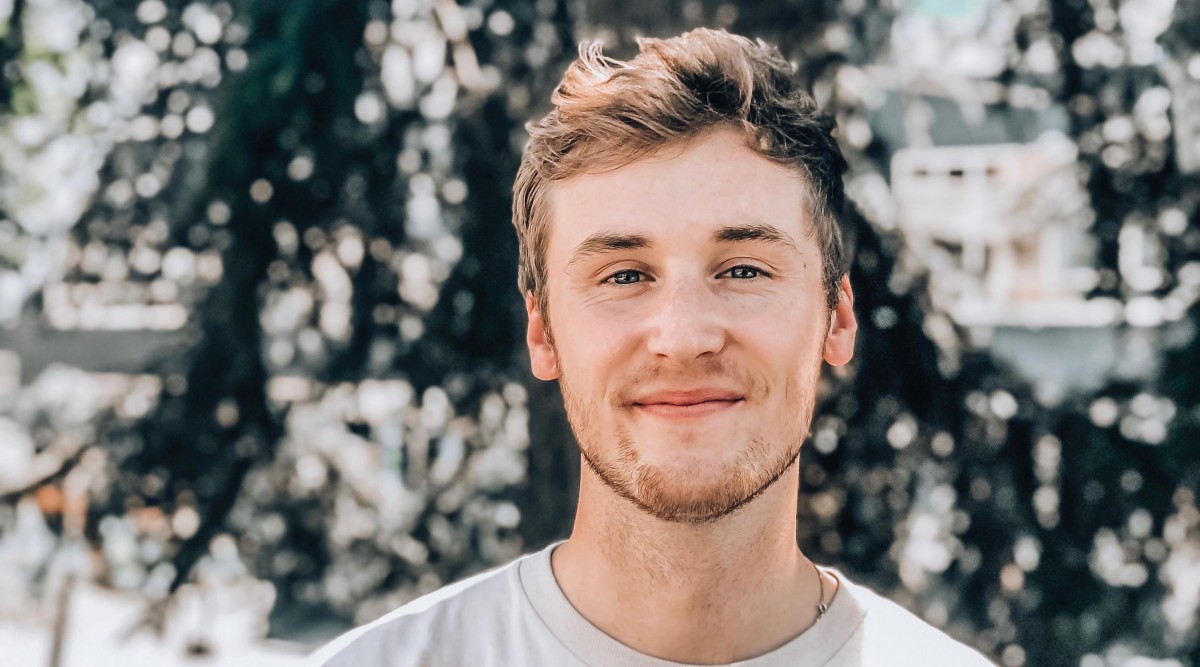Hoover, an international political economy major at Puget Sound, has been working with reproductive health programs around the globe for more than six years. Last year, the Gates Institute named her one of “120 Under 40: The New Generation of Family Planning Leaders.”
Her interest in global public health started when she was still a Puget Sound student: She did a semester abroad in Chile, a summer internship in South Africa, and a summer research fellowship in Ghana. Mentors like Mike Veseth ’72 and Nick Kontogeorgopoulos encouraged a “critical global perspective,” she says.
After graduation, Hoover moved to Hanoi for a public health fellowship, and worked with a friend to start a sexuality education social enterprise on the side. Since then, she’s been a consultant for a smorgasbord of public health programs, including the United Nations Population Fund and the Seattle-based PATH—experiences that have made her an invaluable resource on clean water, vaccines, HIV, maternal mortality, and more.
In her work on reproductive health, she notes there’s been progress in the past few decades on a number of indicators, such as the percentage of families who have access to contraception, the number of unwanted pregnancies, and the use of modern techniques (such as IUDs and implants) over less reliable approaches, like diaphragms and the calendar method. But that progress has begun to slow, and Hoover thinks that’s partly because “we’re focusing too much on women’s contraception, which is only half of the equation.”
For the past three years, she’s been program manager for World Vasectomy Day (WVD), held the third Friday in November. More than 40 countries participate in WVD, which promotes the procedure as a family-planning option among men who otherwise might not have considered it.
Hoover’s work for WVD and other nongovernmental organizations eventually led her to go to grad school: When she began stepping into program design and management, “I felt woefully unprepared. I wanted to learn about budgets, donors, investments, how to make the program scalable—administrative things.” She’s now working on a master’s in public health at Emory University’s Rollins School of Public Health, while still serving as WVD program manager.
Vasectomies, she says, are simpler, safer, and less invasive than women’s tubal ligations. “It’s 15 minutes under local anesthetic. A small puncture, no scalpel, no needle, no stitches,” she says. “Across every indicator, the male procedure is superior. The gap is social and cultural, not medical.”











